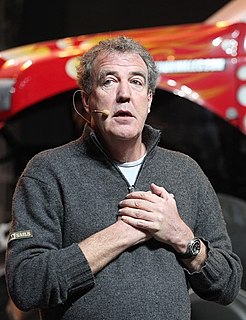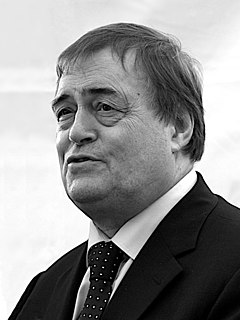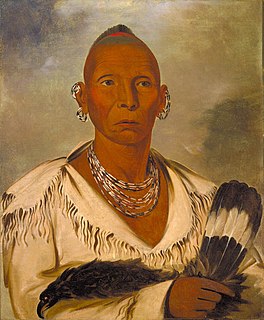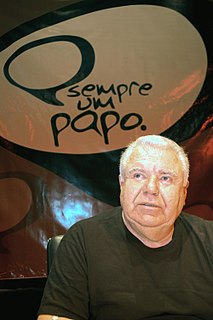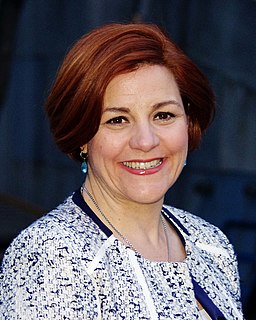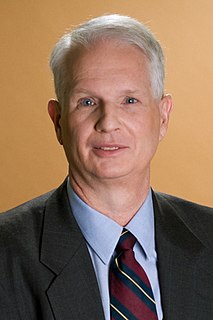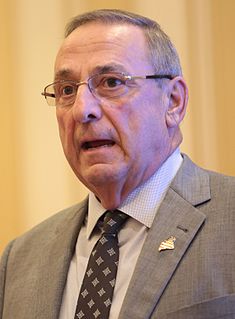A Quote by Jeremy Clarkson
I don't understand bus lanes. Why do poor people have to get to places quicker than I do?
Related Quotes
I'm going to introduce you to a revolutionary thought - you can go slower and get there quicker. And that's to do with flow. As soon as you made it two lanes and brought in the 70 (mph) and 50 (mph), you got there quicker. It meant the flow of the traffic was better, there were less accidents, less deaths, I think that's an important factor.
Hurricane Katrina overwhelmed levees and exploded the conventional wisdom about a shared American prosperity, exposing a group of people so poor they didn't have $50 for a bus ticket out of town. If we want to learn something from this disaster, the lesson ought to be: America's poor deserve better than this.
Bike lanes are clearly controversial. And one of the problems with bike lanes - and I'm generally a supporter of bike lanes - but one of the problems with bike lanes has been not the concept of them, which I support, but the way the Department of Transportation has implemented them without consultation with communities and community boards.
